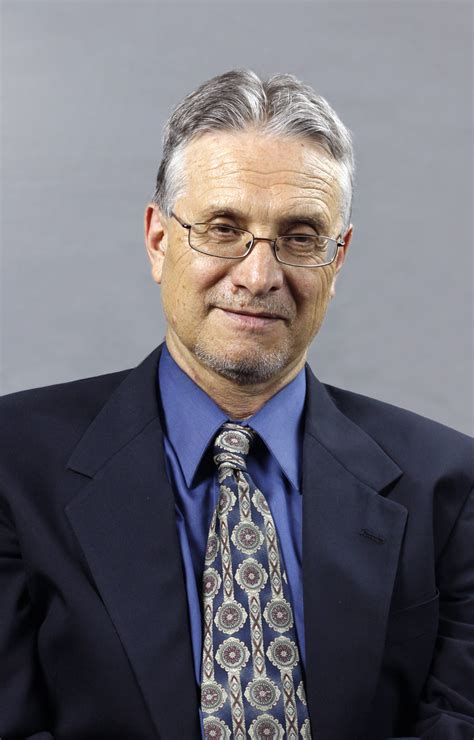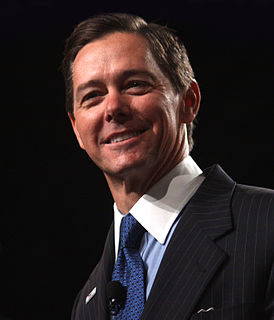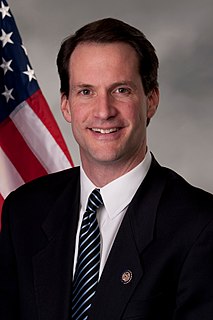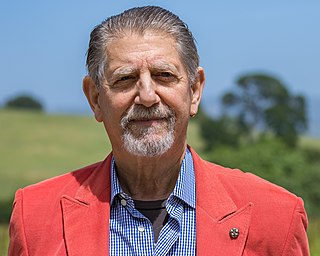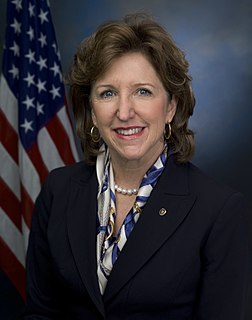A Quote by Lloyd Billingsley
People in the church should not accept the notion that the public square is off limits to religious values.
Related Quotes
Today courts wrongly interpret separation of church and state to mean that religion has no place in the public arena, or that morality derived from religion should not be permitted to shape our laws. Somehow freedom for religious expression has become freedom from religious expression. Secularists want to empty the public square of religion and religious-based morality so they can monopolize the shared space of society with their own views. In the process they have made religious believers into second-class citizens.
I believe that prayer in public schools should be voluntary. It is difficult for me to see how religious exercises can be a requirement in public schools, given our Constitutional requirement of separation of church and state. I feel that the highly desirable goal of religious education must be principally the responsibility of church and home. I do not believe that public education should show any hostility toward religion, and neither should it inhibit voluntary participation, if it does not interfere with the educational process.
With each passing year, people of faith grow increasingly distressed by the hostility of public institutions toward religious expression. We have witnessed the steady erosion of the time-honored rights of religious Americans - both as individuals and as communities - to practice what they believe in the public square.
It does seem to me, though, that there is a difference between the Mormon Church saying, "We don't accept gay people within the Church; we don't accept gay marriage within the Church; we don't accept people who act on their homosexual desires within the Church;" and trying to interfere with what happens outside of the Church. That seemed to me to be an abomination.
The notion of political correctness has ignited controversy across the land. And although the movement arises from the laudable desire to sweep away the debris of racism and sexism and hatred it replaces old prejudices with new one. It declares certain topics off-limits, certain expressions off-limits, even certain gestures off-limits. What began as a crusade for civility has soured into a cause of conflict and even censorship.
The Constitution forbids states from banning all religion from public spaces and from making churches the ghettos of religion where all manifestations of faith are kept separate from public life. Religious people have an equal right to participate in the public square and to have their contributions to Oklahoma history and society recognized.
Now I realize it's fashionable in some circles to believe that no one in government should encourage others to read the Bible. That we're told we'll violate the constitutional separation of church and state established by the Founding Fathers and the First Amendment. The First Amendment was not written to protect people and their laws from religious values. It was written to protect those values from government tyranny.
